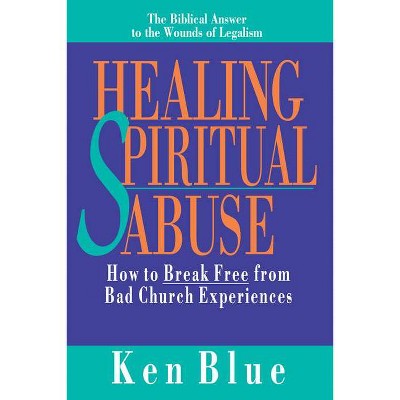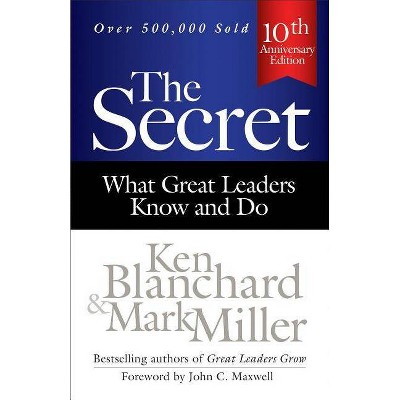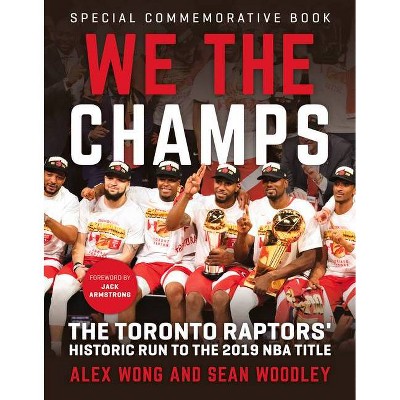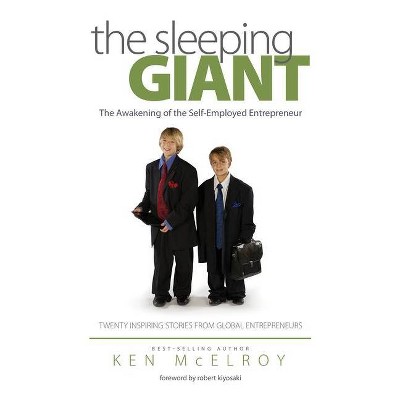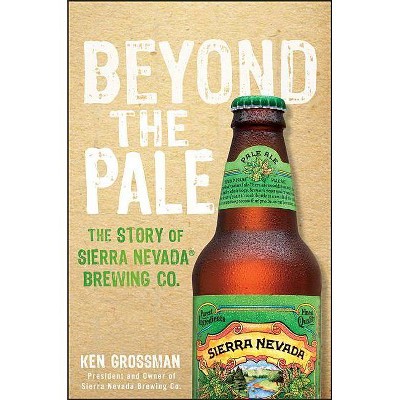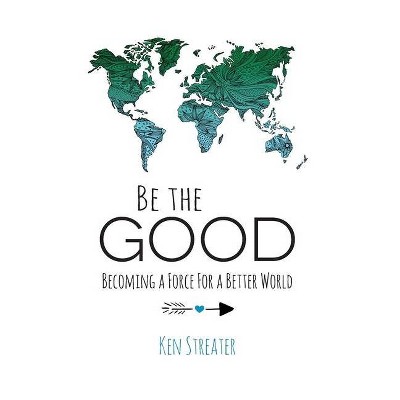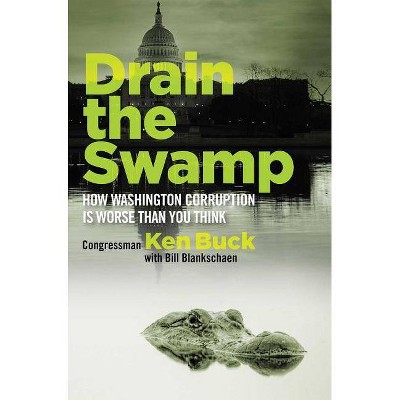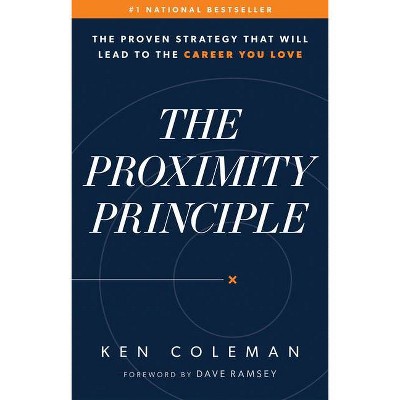The Road to Healing - by Ken Woodley (Hardcover)
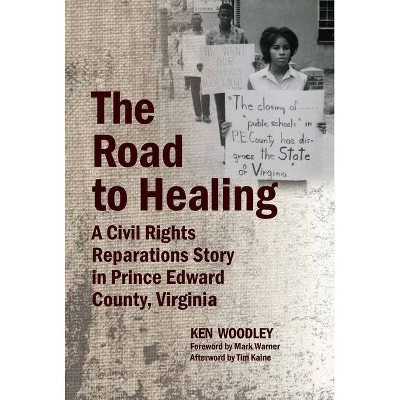
Similar Products
Products of same category from the store
AllProduct info
<p/><br></br><p><b> Book Synopsis </b></p></br></br>Prince Edward County, Virginia closed its public school system in 1959 in massive resistance to the U.S. Supreme Court's historic <em>Brown v. Board</em> decision of 1954. The editorial pages of the local family-owned newspaper, <em>The Farmville Herald</em>, led the fight to lock classrooms rather than integrate them. The school system remained closed until the fall of 1964, when the County was forced by federal courts to comply with the school integration ordered by Brown. The vast majority of white children had continued their education in a private, whites-only academy. But more than 2,000 black students were left without a formal education by the five-year closure. Their lives were forever changed. <em>The Road to Healing: A Civil Rights Reparations Story in Prince Edward County, Virginia</em> by Ken Woodley is his first-person account of the steps taken in recent years to redress the wound. The book's centerpiece is the 18-month fight to create what legendary civil rights activist Julian Bond told the author would become the first civil rights-era reparation in United States history; it was led by Woodley, then editor of <em>The Farmville Herald</em>, still owned by the original family. If the 2003-04 struggle to win passage of a state-funded scholarship program for the casualties of massive resistance had been a roller coaster, it wouldn't have passed the safety inspection for reasons of too many unsafe political twists and turns. But it did. The narrative unfolds in Virginia, but it is a deeply American story. Prince Edward County's ongoing journey of racial reconciliation blazes a hopeful and redemptive trail through difficult human terrain, but the signs are clear enough for a divided nation to follow. The history is as important for its insights about the past as it is about what it has to share about a way into our future.<p/><br></br><p><b> Review Quotes </b></p></br></br><br><b><em>ForeWord Reviews</em> Lit Hit</b><br><br>'Reparation' is a buzzword--a loaded one--even in the case of educations lost for victims of Virginia's monstrous campaign of Massive Resistance of 60 years ago, the goal of which was to defeat the integration of public schools. But as Ken Woodley, a local newspaper editor, tells in <em>The Road to Healing</em>, a plan to provide scholarships to compensate for a five-year shutdown of these schools helped spur racial reconciliation in the state's Prince Edward County, thus proving the value of such efforts. This remarkable book describes both an important episode in our civil rights history and also how enlightened leadership helped heal the wounds it caused. -- <b>Curtis Wilkie</b>, Overby Fellow and Kelly G. Cook Chair of Journalism at the University of Mississippi, author of <em>Dixie: A Personal Odyssey Through Events That Shaped the Modern South</em><br><br>A riveting new book, <em>The Road to Healing</em> is required reading for anyone who wants to understand one of the saddest chapters in Virginia history. A poignant story. -- <b><em>Richmond Times-Dispatch</em></b><br><br>As someone who was directly and indirectly affected by the shameful history in Prince Edward County, I truly believe God sent Ken Woodley as one of his shepherds to heal the racial divide and help us move towards reconciliation. <em>The Road to Healing</em> is a gripping account--candid and informed--of Woodley's efforts to right a terrible wrong in the wake of what happened in Virginia in the years between 1951 and 1964. An emotional, powerful must-read! -- <b>Joan Johns Cobb</b>, sister of civil rights history-maker Barbara Rose Johns<br><br>Ken Woodley provides a powerful insider's account of the struggle to establish Virginia's <em>Brown v. Board of Education</em> Scholarship Program, an educational reparations program devoted to providing academic opportunities for those denied an education by their own elected officials--be they state or local--during the Massive Resistance years. Probing the meaning of justice, the nature of reconciliation, and the still-open wounds of racially motivated school closings, Woodley powerfully reminds readers that real apologies demand some form of tangible action and that while the past cannot be changed, the present most certainly can. -- <b>Jill Ogline Titus</b>, author of <em>Brown's Battleground: Students, Segregationists, and the Struggle for Justice in Prince Edward County, Virginia</em><br><br>Some true stories surpass fiction in their ability to amaze, to inspire, and to impose symmetry on a chaotic world. Ken Woodley's work to bring racial healing to Prince Edward County, Virginia, is one such story. That this small-town newspaper editor did so much good occupying a seat where so much destruction was once sown is a kind of miracle. -- <b>Margaret Edds</b>, author of <em>We Face the Dawn: Oliver Hill, Spottswood Robinson, and the Legal Team that Dismantled Jim Crow</em><br><br>Talk about speaking truth to power! As the editor of a small-town, family-owned newspaper, Ken Woodley crusaded for decades to get his community to renounce its past devotion to segregation, a cause that had been championed by his paper. Driven by deep spirituality and tenacious resolve, Woodley not only succeeded, but convinced the Virginia legislature to pay reparations to the victims. <em>The Road to Healing</em> tells this remarkable story. -- <b>Donald P. Baker</b>, retired <em>Washington Post</em> journalist and author of <em>Wilder: Hold Fast to Dreams</em><br>
Price History
Cheapest price in the interval: 23.99 on October 23, 2021
Most expensive price in the interval: 23.99 on November 8, 2021
Price Archive shows prices from various stores, lets you see history and find the cheapest. There is no actual sale on the website. For all support, inquiry and suggestion messagescommunication@pricearchive.us

